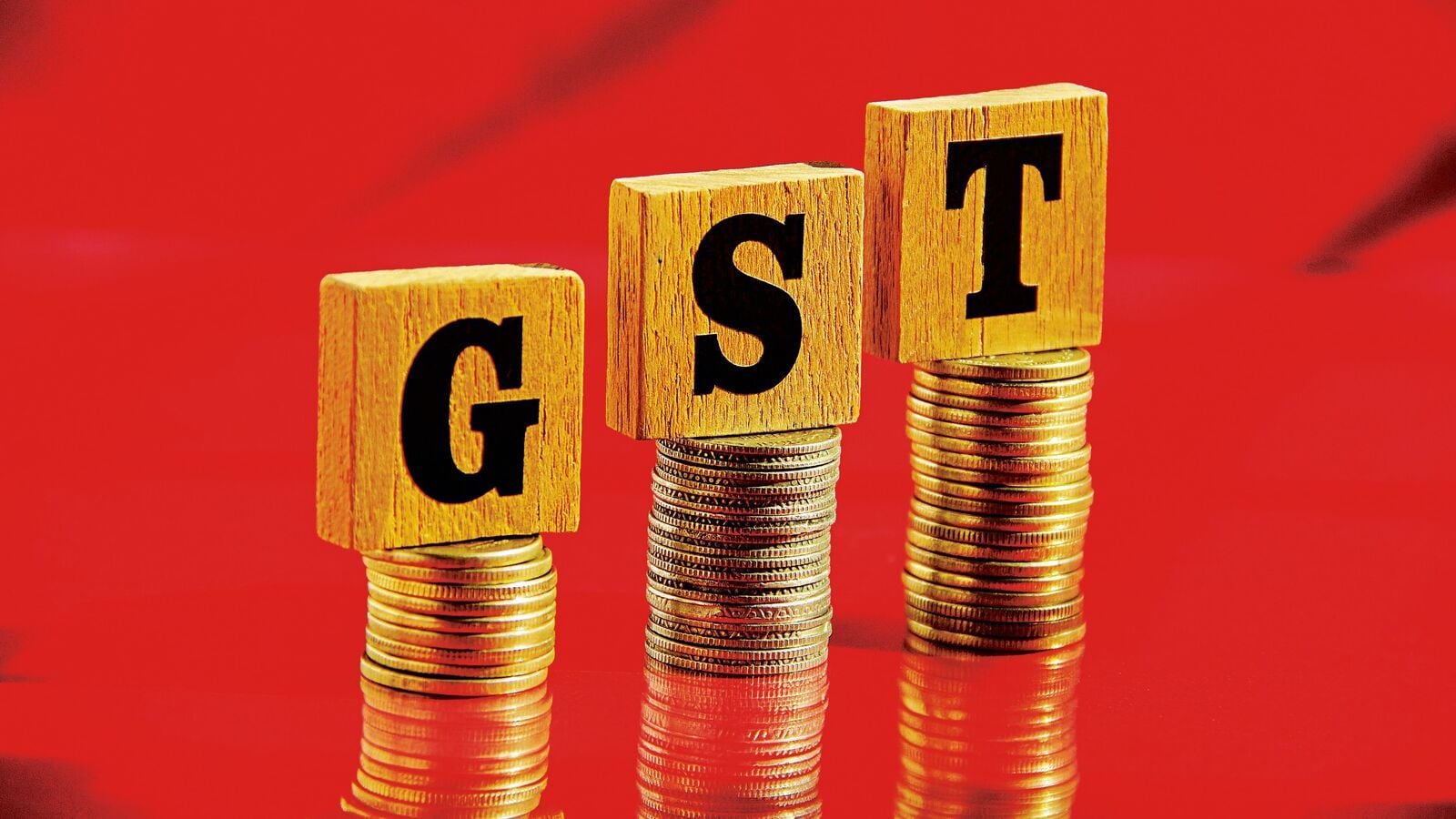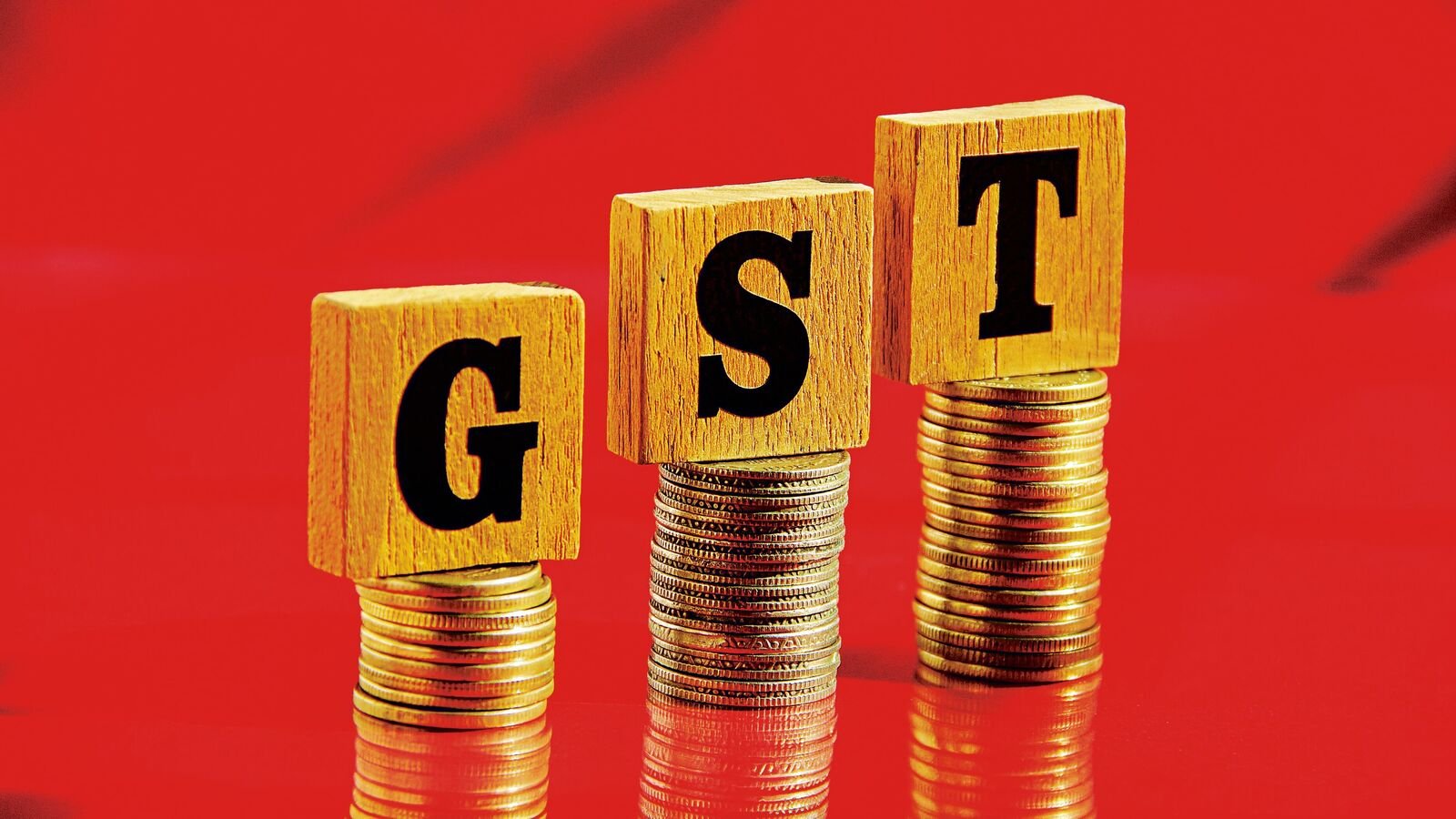Govt scraps GST on life, health insurance in move to boost adoption

The exemption comes into effect on 22 September.
The move is expected to make life insurance and health products more affordable and encourage wider adoption, particularly among first-time buyers. However, this may not immediately translate into a discount of 18%, as insurers will also have to forgo the input tax credit (ITC) they were able to get on GST payment.
ITC is the GST a business pays on purchases of goods and services for its operations, which can be set off against its output GST liability.
Insurance companies pay GST on various expenses like commissions, IT systems, office rent, professional services, claims processing, vendor payments and medical network services. Since they charge 18% GST on insurance premiums, they can claim ITC on these expenses and use it to reduce the GST payable to the government, by adjusting it against the 18% GST collected from policyholders.
“It’s a good move that even reinsurance premium is exempted from GST, but there are still other expense line items where insurers will have to pay GST and will not be able to claim an input tax credit (ITC). It may result in about 3% loss of revenue for new sales but the major impact on Insurance companies will be on existing policies as their premiums cannot be increased under the plea that ITC is not available,” said Nilesh Sathe, former member, Insurance Regulatory and Development Authority of India (Irdai).
“Some insurers may absorb this loss while some may partially pass on the loss of revenue to policyholders. For any change in premium, they will have to withdraw the existing plan for sale and relaunch a new plan with higher premiums subject to approval of Irdai,” he added.
Insurer are awaiting further clarity to make sense of how the exemption may work out.
“While we await full clarity on the treatment of input tax credit, we hope that the exemption will be across the entire input chain which will enable insurers to pass on the full benefit to customers. This reform will not only support deeper insurance penetration across the country but also, over time, pave the way for broader coverage options including outpatient services, thereby strengthening the overall healthcare ecosystem,” Krishnan Ramachandran, managing director and chief executive officer, Niva Bupa Health Insurance, said.
Since insurers may not be able to claim input tax credit, it is not clear whether the full benefit of this exemption can be enjoyed by policyholders. Addressing a similar concern, finance minister Nirmala Sitharaman assured that the decision of GST exemption on life and health insurance policies has been taken with all stakeholders in confidence and that the government will ensure the benefit is passed on to the consumers.
However, Mayank Mohanka,founder, TaxAaram India, and a partner at S.M. Mohanka & Associates,said the extent to which insurers can promptly pass on the benefit depends on how soon they receive refunds under the inverted rate structure, which arises when businesses pay more tax than they collect and must apply for a refund of the excess.
India’s insurance penetration remains among the lowest globally, with a vast segment of the population uninsured or underinsured. By removing the GST burden, the Council hopes to make policies more accessible, especially in the wake of rising healthcare costs and growing awareness of the need for risk protection.
Discover more from News Hub
Subscribe to get the latest posts sent to your email.







